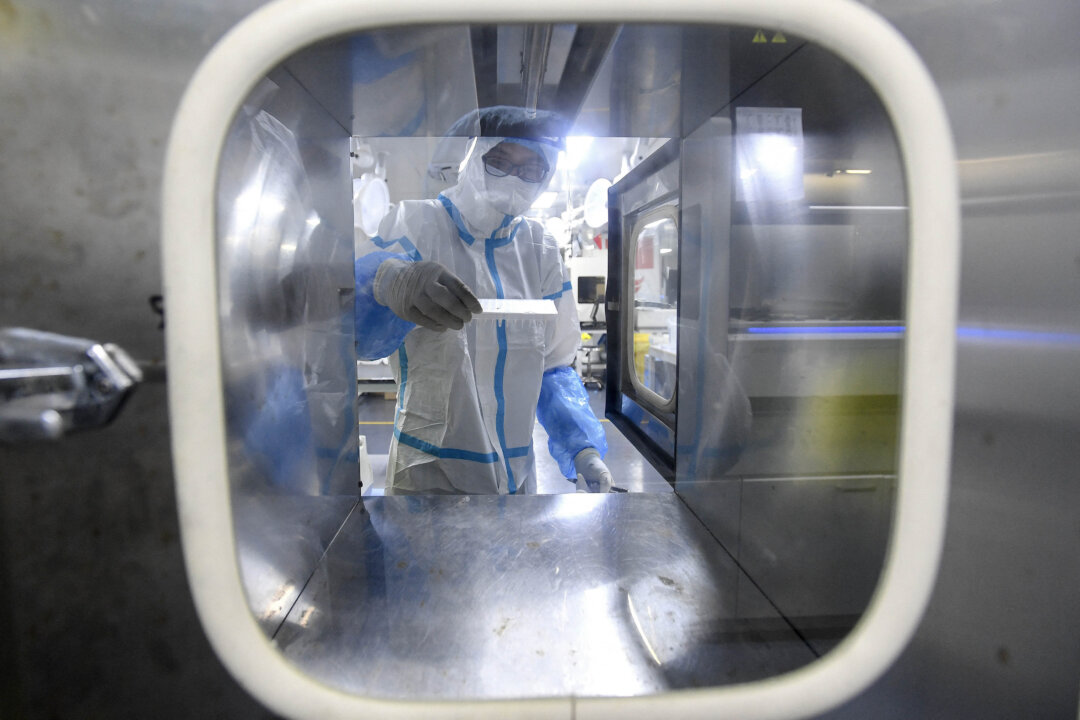The renewal of the pact includes updates to protect U.S. intellectual property and no longer covers cooperation on cutting edge research.
After months of negotiation, the United States on Dec. 13 signed an agreement with China to renew the Science and Technology Agreement (STA) for another five years.
The State Department stated that the agreement, which lapsed in August, has been updated to strengthen protections for intellectual property and researchers.
The update “establishes new guardrails” and “advances U.S. interests through newly established and strengthened provisions on transparency and data reciprocity,” according to a Dec. 13 statement.
The updates are meant to minimize risk to national security, addressing a key criticism that the STA was outdated and ineffective in preventing Chinese state-backed theft of U.S. intellectual property.
The State Department stated that the new agreement only covers basic research and not the development of critical and emerging technologies.
The STA was signed in 1979, weeks after the United States established diplomatic relations with the People’s Republic of China (PRC), the official name of the country under the rule of the Chinese Communist Party (CCP).
According to a congressional report, China had lagged far behind most developed nations at the time, and subsequent updates were made to STA to help advance Chinese fields and influence the nation’s development. A major expansion was signed under the Obama administration to cover health, energy, and climate. By 1991, China ranked seventh in the world for research and development funding, and by 2021, it ranked second, just behind the United States.
The STA is meant to provide cooperation opportunities between the countries for mutual benefit. U.S. scientists would gain access to large data and research pools, and China would get a boost in its science and technology sectors.
However, China routinely restricted data sharing, which came under the spotlight during the COVID-19 pandemic when it cut off access to data, including U.S.-funded coronavirus research.
There have also been concerns raised about fabricated or faulty data sets shared by Chinese institutions and serious ethical concerns regarding whether data was collected with subjects’ consent and used to suppress persecuted minorities.
The U.S. government has determined that CCP-backed intellectual property theft is widespread, leading to a series of tariffs on China beginning in 2018. In 2017, U.S. patent officials found that more than 400 Chinese patents resulted from STA projects in which the United States saw no commercial benefit. Officials and lawmakers raised concerns that China would exclude the United States from fields in which it had gained competency under the STA.
When the STA was renewed in 2018, it included updates to address intellectual property theft, but U.S. lawmakers have said it was not enough.
When the pact came up for renewal again in August 2023, the Biden administration extended it for six months, instead of five years, to renegotiate terms. After another six-month extension, the agreement lapsed this August as officials continued negotiating.
In a letter sent to Secretary of State Antony Blinken on Dec. 12, Rep. John Moolenaar (R-Mich.), chair of the House Select Committee on the CCP, urged him not to renew the agreement as the Biden administration prepares for a presidential transition, suggesting that the incoming Trump administration should set new terms or cancel it altogether.
Moolenaar wrote that Congress has repeatedly urged President Joe Biden to suspend the STA and made recommendations for guardrails should the agreement be renewed. In September, the House passed legislation requiring human rights protections and restrictions on dual-use research in an updated STA.

